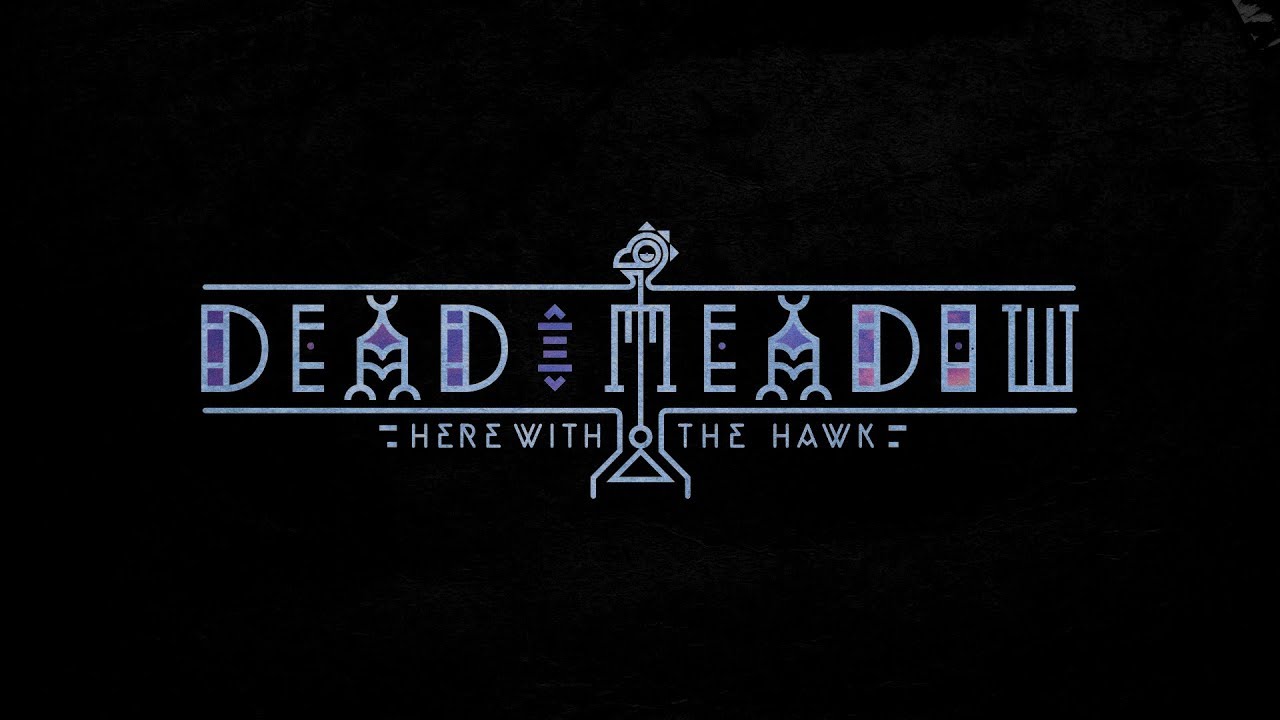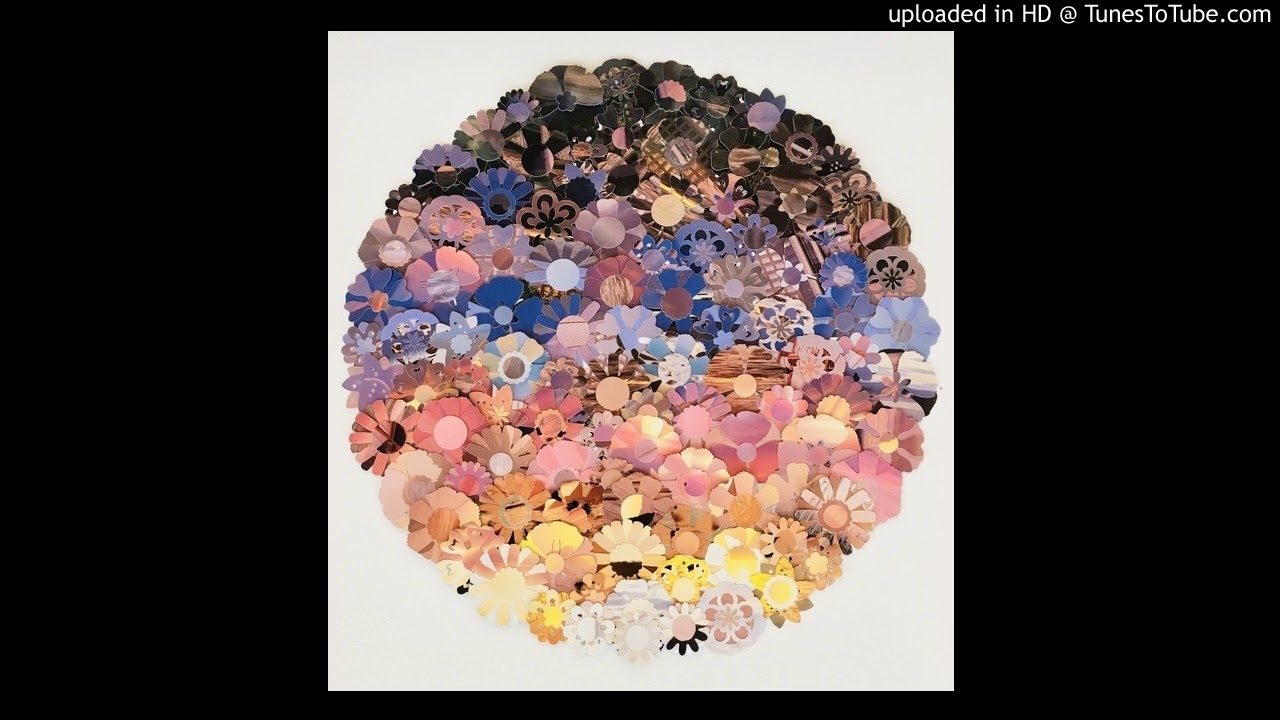Please can we stop referring to Jacob Rees-Mogg as “the honourable member for the 18th century”? For one thing, it makes his calculated rightwing agenda appear far less sinister. It also grates because Rees-Mogg would not have felt at all comfortable in that century: it was a radical time. The Enlightenment kicked at the prickish doors of traditional dogmas. The American colonies revolted. The French abolished and then slaughtered their monarchy. In Britain, the reform and anti-slavery movements got underway. Society became so cosmopolitan we had mad Germans on the throne and Huguenots and émigrés prancing all over the place. Mary Wollstonecraft published A Vindication Of The Rights Of Woman. The bawdy “swinish multitude” got sloshed on cheap gin and wallowed in all manner of delightfully ‘low’ pursuits, attracting disapproval from the likes of William Hogarth and Edmund Burke. Surely Rees-Mogg would have been more at home in the Victorian era with its rampant social Darwinism, insatiable imperial ambitions and concealed ankles.
For the benefit our beloved international readers, Jacob Rees-Mogg is a Conservative Party politician who is hotly tipped to be our next prime minister. He’s also famous for mingling with Steve Bannon and being the founding partner of a firm that profits from investment in a sanctioned Russian bank. He objects to same-sex marriage and believes that abortion should be illegal. He voted to cut benefits for the disabled. He looks like the snake from Disney’s Jungle Book trying to digest a 3D printout of a Punch cartoon.
Luke Haines has long accused Noel Gallagher of being “Britain’s least psychedelic man”. Noel is our least psychedelic musician, perhaps. Our least psychedelic man is Jacob Rees-Mogg. With his upper lip stiffer than Don Juan’s ramrod, this is a gentleman of such sphincter-clenched emotional repression that he claims to have never shed a single tear in his entire adulthood, not even to The Lion King(!) He is a character so averse to letting his hair down that he’s permanently Face/Offed his scalp with that of a haunted ventriloquist’s dummy.
“If caricature affected us at all towards its subject,” Max Beerbom once wrote, “it would affect us favourably towards it. Tragedy, said Aristotle, purges us of superfluous awe, by evocation, and comedy likewise purges us of superfluous contempt.” Classifying the Moggster as “Britain’s least psychedelic man” maybe no less softening than caricaturing him as “the honourable member for the 18th century”, but at least it’s more accurate.
Here are some records that Britain’s Least Psychedelic Man wouldn’t understand at all.
Dead Meadow – The Nothing They Need (Xemu)
2013’s Warble Womb was longer and more divergent than much of Dead Meadow’s prior output but the main criticism directed at it from rip-jeaned stoner headz was that it was too light. "Where’s the heavy?" they complained from within their walls that have rugs pinned up where conventionalist homeowners might hang paintings. Then they fled to the nearest Earthless concert.
Marking the band’s twentieth anniversary, The Nothing They Need feels more like a classic Dead Meadow record. Eight tracks and 40-odd minutes long, it stomps along proficiently with its thickset riffs, trippy solos and Sabbathian drumbeats while the experimentation dial remains set to ‘subtle’. The pace stays sedate throughout. Dead Meadow fans have come to expect this. This time, however, the sluggishness matches the slow-thinking-movement theme of the album’s lyrics. Put down the goddamn virtual fruit-based tablet game. Sign out of Facebook. Stride into the woods with your headphones on and spend some quality time with the moss.
Dead Meadow aren’t breaking the mould here. If anything, they sound lazier than ever. Lazy music for lazy people written by lazy musicians, you might think. No doubt there’s more to it than that because as we all know much great art which on the surface seems effortless actually has a great deal of blood, sweat and tears behind it, albeit carefully shrouded. This very paragraph, for instance, might give the impression that it was tossed off just thirteen minutes before deadline. That’s exactly the impression I was going for. In actual fact, the process took 37 rewrites, 2.5 litres of hard coffee, a deep-tissue massage session with a man known only as Andre: The Halifax Bone Whittler, two and a half sleepless nights, a stormtrooping unit of professional brainstormers, the Stephen King non-fiction title How To Write Less Successfully Than I, and 16 typewriter ribbons.
Henry Blacker – The Making Of Junior Bonner (Riot Season)
The Hey Colossus offshoot trio are still churning out material so croonsomely fuzz-ridden that it’s every bit as wicked as Queens Of The Stone Age’s early triumphs (they attract that comparison an awful lot but some clichés become clichés for good reason). Yet Henry Blacker don’t get the credit they deserve because they’re small fry on a low-scale (if excellent) label and are middle-aged blokes from Somerset with day jobs and other commitments rather than tall Californians with enough adoration and arrogance to strut around kicking photographers in the face.
Whereas previous Henry Blacker albums have opened with the most accessible tune and sequenced the rougher and weirder tracks later on, The Making Of Junior Bonner remains pretty hip-swingingly accessible throughout (the occasional effects-laden roar aside). Conceivably, then, this third LP is Henry Blacker’s Songs For The Deaf. Embrace its greasy splendour and purchase the album in your millions, people. Put them in the same league as Alison Wolf and The Royal Bloods. Let’s have them supporting Foo Fighters and hanging out on CBeebies.
Jackie-O Motherfucker – Bloom (Textile)
David Keenan coined the term New Weird America in The Wire magazine in 2003 as umbrella term for a disparate group of experimental US artists who were all, to sum it up way too succinctly, suitable candidates to support Sonic Youth. One of the most prominent of these New Weird Americans were the collective known as Jackie-O Motherfucker. The project was overseen by Tom Greenwood who between 1995 and 2011 used a rotating cast of musicians to release material at an impressive pace: official albums, CD-Rs, live gubbins, split EPs, mysterious messages carved into the base of a wooden frisbee… They spanned a wide range of styles including freak folk, space rock, free jazz and abstract snuffling, but it was all consistently pleasing. Then after three releases for Fire Records they appeared to vanish off the face of the Piccadilly Records preorder page.
Fellow new weirdo Wooden Wand has explained his own deceleration of output by detailing the remorse and senselessness he felt about adding to the glut of an already oversaturated marketplace. Perhaps Greenwood felt the same. Whatever the reason for JOMF’s hiatus, we’re blessed to have them back and after the long silence: Bloom doesn’t disappoint. Abstract jazz-folk meanderings sit alongside vocal-centric songs that could be described as poppy because of the way the eight-minute running time just flies by in a cloud of creaking strings and dreamy flute notes. Apparently Bloom sees Greenwood using an almost entirely fresh set of collaborators since we last heard from him. If he had pretended it was the same line-up who nailed 2005’s Pitchfork-approved Flags Of The Sacred Harp then he would have been believed. Having said that, ‘The Strike’ has a funky beatnik vibe and another track couples sparse piano notes with the sound of honking geese. From personnel reshufflement through goose interruptions to corporeal ravishment at the hands of time, nothing can sap Greenwood’s talent.
Bruxa Maria / Casual Nun – Split (Hominid Sounds)
Split releases don’t often get a mention in Columnfortably Numb so here’s a special exception. Casual Nun’s side includes ‘The Sweet Hereafter’ which is a brief and intense swirling nightmare. Over a repetitive post-punk bass line, the guitar improvisations on ‘Easy Now, Cowboy’ sound like Herbie the sentient automobile is having his engine eviscerated without anaesthetic causing the helpless and wailing onlooking singer to suffer a complete nervous breakdown.
In their first release since 2016’s caustic Human Condition LP, Bruxa Maria provide the other side’s three tracks. The first is a short sharp burst of snarling noise punk. The second is so heavy it could look any thrash-metal or grindcore outfit squarely in the eye and send them whimpering away to hide under their He-Man duvet covers. The third offers almost eight minutes of unrelenting sludge. It’s called ‘People Die In Revolutions’ and it’d be interesting to read the lyrics that Gill Dread has penned for this title. They’re slightly hard to decipher when she sounds like she’s trapped down a damp well like the petrifying phantom from that nasty Ring film. LP number two should be a horrible hoot.
Orchestra Of Constant Distress – Distress Test (Riot Season)
Featuring members of The Skull Defekts and Brainbombs, the so-called Orchestra (no violas or woodwind here) take a minimalist approach to noise rock by grinding away together on the exact same riff for around six to ten minutes at a time to punishing and near-industrial effect. After a little while it even becomes oddly beautiful, in a masochistic way. If you like your psychedelia to feel like a hand drill trepanning a hole into the top of your skull with the ultimate aim of expanding your consciousness, then this is the record for you. Boring, you could say, but in the original sense of the word and not the one meaning dull. The internet informs us that the LPs have already sold out but I’m sure the accommodating folk over at Riot Season will rustle up another pressing if we all ask nicely enough. Drop them a line. "You know that one that resembles a sample of Glenn Branca’s nastiest five seconds of music on a loop for longer that it should feasibly be looped for? Let’s have more of that please."
The Final Age – The Final Age (Cardinal Fuzz)
The Final Age was conceived by Jesse Webb, the drummer in Big Naturals and Anthroprophh. (Incidentally, Omegaville by Anthroprophh was recently released via Rocket and is a bona fide psych-rock masterpiece for the morbid modern age but you may as well read about that here and here.) For this project, Webb’s collaborators include his Anthroprophh bandmate Paul Allen, David McLean who’s played saxophone with Gnod among others, and Agathe Max the Kuro violinist.
It’s one of those soundtrack albums for a film that doesn’t exist so the mood changes from track to track as imaginary scene leads into the next scene we can’t see. As its title might imply, ‘Trust Fund Death Camp Moan’ is darkly oppressive. ‘2 Second Rule’ is more playful and jazz-like, a little reminiscent of post-rockers The Drift being remixed by the percussionist from The Necks. Annette Berlin of Big Joan provides vocals for tracks such as ‘A Certain Breed’ which has an eerie country gothic vibe comparable to Carla Bozulich’s work. Elsewhere, Webb sings in a manner that suggests there’s been quite a lot of pent-up frustration he’s been meaning to get off his chest. The Final Age makes an appropriate companion piece to Omegaville, come to think of it. Both releases have succeeded in channelling feelings of loss, isolation, pessimism and hopelessness into a distinctively absorbing chunk of conceptual psych.
Primitive Knot – Touch Me Knot (Solar Asceticists)
The reference points at the bottom of Primitive Knot’s Bandcamp page list both Moon Duo and Dishammer. If you’re familiar with those two acts, you’ll already know that San Francisco’s Moon Duo play krautrock-influenced sunny and sensual psychedelia with groovy 60s keyboard patterns and plenty of warmly comforting guitar fuzz. Dishammer, on the other hand, are Spanish underground metal crusties who sound like Discharge are gang-throttling the singer from Bathory. Does that sound incongruous? Yes, delightfully so. Primitive Knot’s guitars swirl like a malevolently DIY Hawkwind while the vocals suggest that Killing Joke’s Jaz Coleman has been buried alive in a makeshift coffin fashioned from discarded pet-food packaging. You could call it space rock but let’s be specific. This isn’t space rock suitable for the utopia-aspiring deck of the Starship Enterprise. It’s more like the depraved rumpus occurring inside Sam Neill’s brain as he begins to grow mad in Event Horizon. "Where we’re going, we won’t need eyes to see…"
Next time: The 15 trippiest tupperware lids from the Paperchase snack-box range




